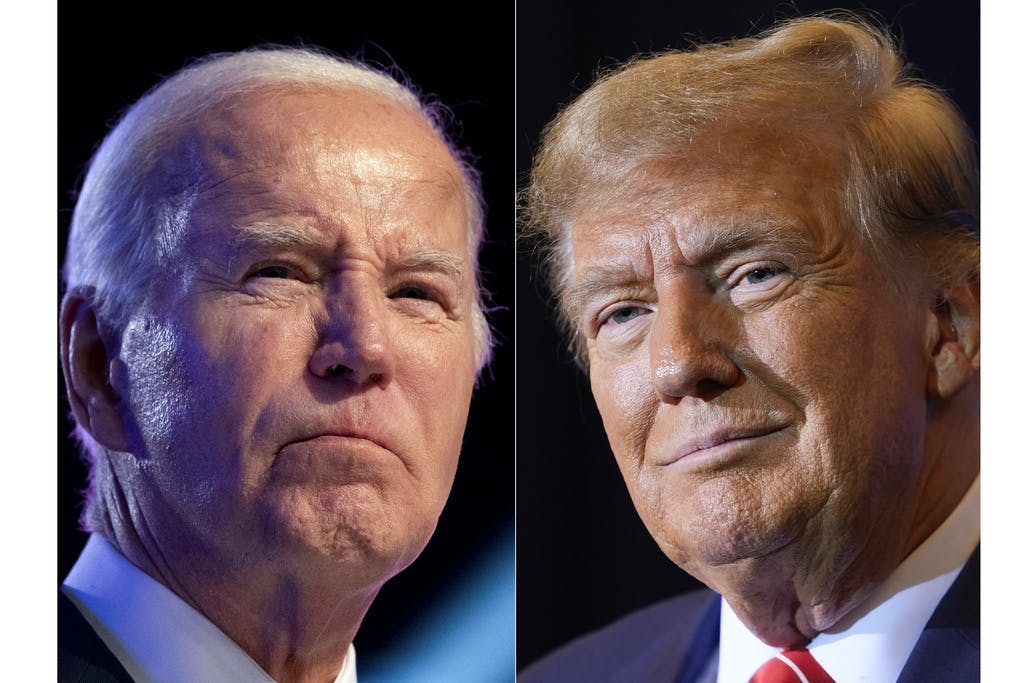Biden White House Was Actively Monitoring Investigation Into Trump, Classified Documents — Well Before Jack Smith Handed Up an Indictment
A trove of emails between the justice department, the FBI, the National Archives, and the White House show senior aides to the president were being kept up-to-date on the investigation.

A new set of emails unsealed by Judge Aileen Cannon show that President Biden’s senior aides were aware of the investigation into President Trump’s alleged mishandling of classified information for years before the indictment was handed up.
Judge Cannon, who is presiding over Special Counsel Jack Smith’s Florida prosecution of the former president, ordered that the emails be unsealed at the urging of Mr. Trump’s defense team. The lawyers filed their motion for disclosure of the documents in February, saying that the special counsel “disregarded basic discovery obligations and DOJ policies in an effort to support the Biden Administration’s egregious efforts to weaponize the criminal justice system.”
The emails disclosed by Judge Cannon’s signature show that the Biden administration was aware of the investigation and even planned calls with Department of Justice and National Archives officials as far back as 2021.
The general counsel for the archives, Gary Stern, wrote to a colleague in May 2021 that he had spoken with an administration official about missing documents that they believed at the time were taken by Mr. Trump. “I have had several conversations with [Person 40] since the end of the Trump Administration about various paper records that he believes were not transferred to us,” Mr. Stern wrote on May 5.
That “Person 40” was identified as someone in the Biden administration’s records office. In another email, another archives official threatened to inform the White House about Mr. Trump’s lack of compliance with requests that he return the documents.
The agency’s archivist, David Ferriero, wrote to representatives of Mr. Trump that he was prepared to inform the White House and congressional Democrats. “As you have seen in the press, the House has requested records,” Mr. Ferriero wrote. “Our ability to respond requires access to the 24 boxes which have yet to be accounted for. At this point, I am assuming that they have been destroyed. In which case, I am obligated to report it to the Hill, DOJ, and the White House.”
Mr. Stern wrote in one email chain that he was going to alert Attorney General Garland about the “missing Trump records” if the former president did not comply with his requests.
In one of the more notable email chains, Mr. Stern was writing back and forth with the White House deputy counsel, Jonathan Su. The general counsel was asking when he was ready to “discuss the Trump boxes.” Mr. Stern, shortly after, wrote to a colleague that the White House counsel’s office “is now ready to set up a call to discuss the Trump boxes.”
By September 2021, Mr. Stern had told his colleagues that he was preparing a criminal referral to the justice department from the National Archives. In several emails, he told colleagues that he was in touch with both a prosecutor at the justice department as well as the White House Counsel’s office.
“In addition, Counsel is now also aware of the issue, and has asked that I keep them in the loop to the extent that we make any reference to the White House Office of Records Management,” Mr. Stern wrote to a colleague.
Mr. Trump’s Florida country club was eventually searched by the FBI shortly before the 2022 elections after he refused to turn over the documents he had taken. He was indicted for taking and retaining the documents in June 2023 after Mr. Smith was appointed by Mr. Garland.
Mr. Biden was also investigated by a justice department special counsel for his own retention of classified documents, which he shared with his ghostwriter. The special counsel, Robert Hur, later wrote in his report to Mr. Garland that Mr. Biden “willfully” retained the documents but was not worth prosecuting because he would convince a jury that he was an “elderly man with a poor memory.”

